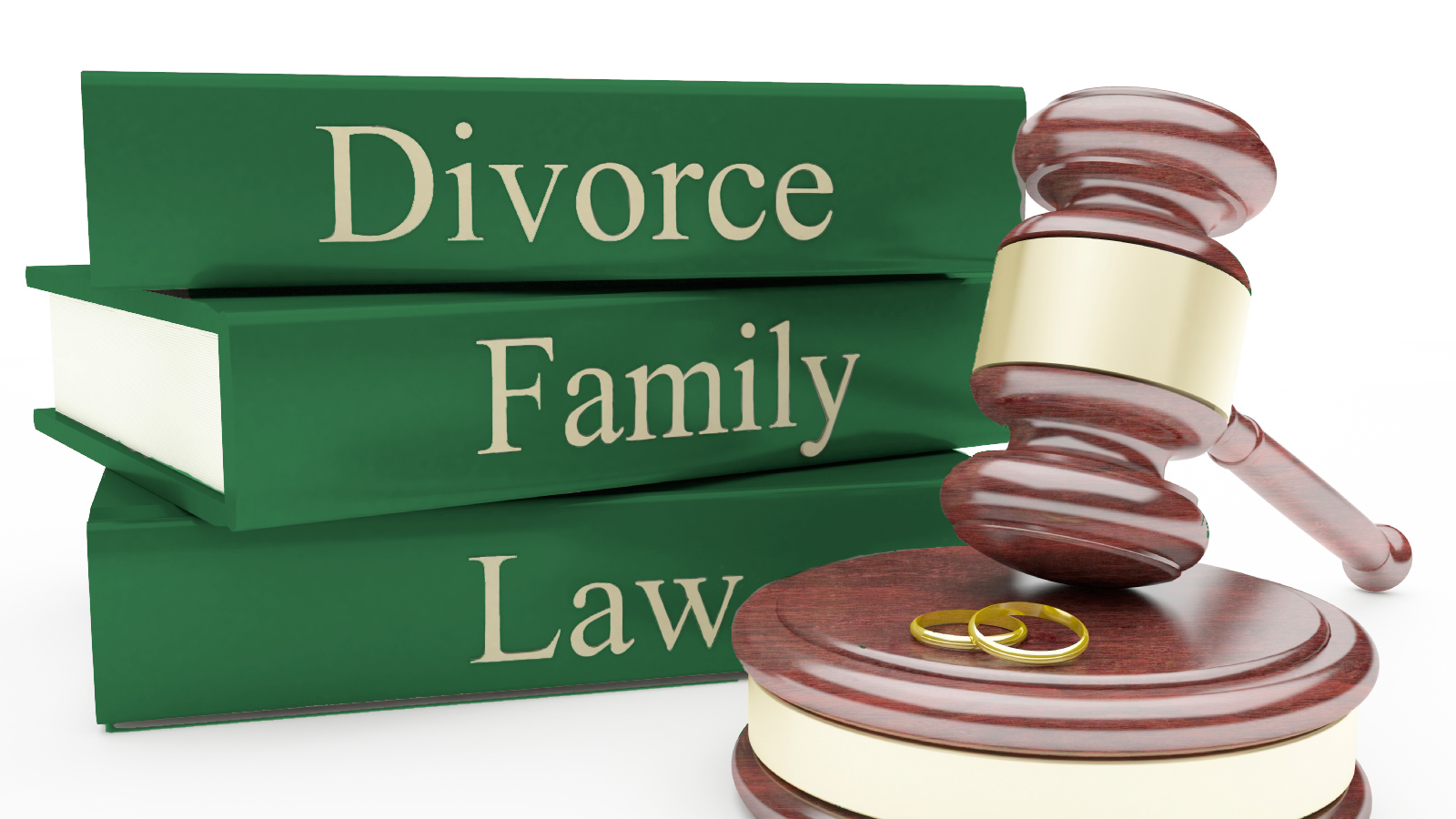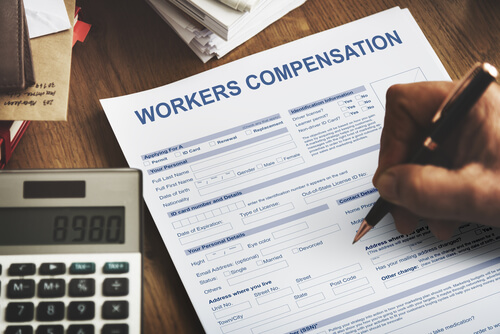Divorce is often one of the most challenging experiences a person can go through. For divorcing couples, understanding the divorce process and having the right legal support can make a significant difference in the outcomes and emotional toll. This article will explore the divorce process, the legal expertise required, and how a family lawyer can be an invaluable ally during this difficult time.
Toc
Overview of the Divorce Process

The divorce process can vary depending on the specific circumstances of each case. However, there are certain general steps that most divorces go through.
About Divorce Process
The divorce process can vary depending on the jurisdiction and individual circumstances. However, there is a general framework that most divorces follow:
- Filing for Divorce: One spouse must initiate the divorce by filing a petition or complaint with the court. This document outlines the reasons for the divorce and any requests for child custody, support, division of assets, etc.
- Serving Divorce Papers: After filing, the other spouse must be served with a copy of the petition and summons to appear in court.
- Response: The served spouse has a specified time to respond to the petition. They can either agree or disagree with the terms stated in the petition.
- Discovery Phase: The discovery phase involves gathering information such as financial records, property deeds, and other relevant documents.
- Negotiations: Once both parties have a clear understanding of the assets and issues involved, they can negotiate a settlement through mediation or collaborative divorce.
- Trial: If an agreement cannot be reached, the divorce will go to trial, where a judge will make decisions on all unresolved issues.
- Final Decree: If the court approves the negotiated settlement or makes final judgments at trial, a final decree of dissolution is entered. This document legally ends the marriage.
The Role of a Family Lawyer in Divorce
Navigating the divorce process alone can be overwhelming and emotionally taxing. A family lawyer’s role goes beyond just legal representation; they provide support and guidance throughout this difficult time. Here’s how a family lawyer can help:
- Expertise in Family Law: Divorce attorneys have extensive knowledge of the laws and regulations surrounding divorce, including property division, child custody, and support.
- Objective Advice: During such an emotional time, it can be challenging to make rational decisions. A family lawyer offers an unbiased perspective and helps you make informed choices that are in your best interest.
- Mediation Skills: Mediation is often a more amicable approach to settling disputes during a divorce. A skilled family lawyer can facilitate productive discussions between both parties, leading to more satisfactory outcomes for everyone involved.
- Navigating Complex Processes: The legal process can be complex and overwhelming, especially for those without any legal background. A family lawyer can guide you through the various stages and ensure all necessary documents are properly filed and deadlines are met.
- Protection of Rights: A family lawyer’s primary objective is to protect their client’s rights and interests. They will advocate for fair property division, child custody arrangements, and support orders, ensuring a just outcome for their client.
Types of Divorce
There are different types of divorce, each suited to specific situations. Some common types include:
- Uncontested Divorce: This type of divorce is the most straightforward and involves both parties agreeing on all terms without any dispute.
- Contested Divorce: A contested divorce occurs when one or both parties cannot agree on certain issues, such as child custody or division of assets. This type of divorce will often go to trial.
- No-Fault Divorce: In a no-fault divorce, neither party blames the other for the end of the marriage. Instead, they cite irreconcilable differences as the reason for the dissolution.
- Fault-Based Divorce: In this type of divorce, one spouse must prove that their partner is at fault for the breakdown of the marriage, such as through adultery, abandonment, or abuse.
Types of Divorce Attorneys
There are different types of divorce attorneys, each with varying levels of experience and expertise. Some common types include:
- Traditional Litigation Attorney: This type of attorney is experienced in courtroom trials and will represent their client’s best interests during a divorce trial.
- Collaborative Divorce Attorney: These lawyers specialize in the collaborative divorce process, where both parties work together to reach an agreement without going to court.
- Mediation Attorney: A mediation attorney helps facilitate discussions between both parties to come to a mutually agreeable settlement.
- Consulting Attorney: Consulting attorneys provide legal advice and guidance but do not represent their clients in court. They can be helpful for those who wish to handle most of the divorce process themselves but need some legal support.
Top issues Family Lawyers help you when Divorce

A family lawyer can assist with many aspects of a divorce, including:
- Child Custody and Support: One of the most significant concerns for divorcing couples is often child custody and support. A family lawyer can guide you through this process and ensure that your children’s best interests are accounted for.
- Division of Assets: Dividing assets in a divorce can be challenging, especially when properties, businesses, or investments are involved. A family lawyer can help you determine what is considered marital property and negotiate a fair division.
- Alimony/Spousal Support: In some cases, one spouse may be entitled to financial support from the other after a divorce. A family lawyer can help negotiate a reasonable alimony amount or defend against excessive claims.
- Prenuptial/Postnuptial Agreements: A family lawyer can assist in drafting and reviewing prenuptial or postnuptial agreements, which can protect each spouse’s assets in case of divorce.
- Domestic Violence: In situations where domestic violence is present, a family lawyer can help obtain restraining orders and ensure the safety of their client and any children involved.
Division of Assets and Debts
One of the most complex and contentious issues in a divorce is dividing assets and debts. Here are some key points to consider:
- Marital vs. Separate Property: In most cases, only marital property – acquired during the marriage – is subject to division. Assets owned before the marriage or received as gifts or inheritances are considered separate property.
- Equitable Division: Most states follow the principle of equitable distribution, which means assets and debts are divided fairly, but not necessarily equally.
- Valuing Assets: A family lawyer can help determine the value of all marital assets, including real estate, investments, retirement accounts, business interests, etc.
- Debt Allocation: Marital debt must also be divided fairly between both parties. This includes mortgages, credit card bills, car loans, etc.
- Tax Implications: Dividing assets and debts can have significant tax implications. A family lawyer can help you understand the potential consequences and make informed decisions.
Child Custody and Support
If children are involved in a divorce, child custody and support will be critical issues to address. Here’s what you need to know:
- Types of Custody: There are two types of custody – physical (where the child lives) and legal (decision-making authority). These can be shared jointly by both parents or awarded solely to one parent.
- Determining Custody: The court considers several factors when determining custody, including the child’s best interests, parental fitness, relationships with extended family, and the child’s preferences (if old enough).
- Child Support: The non-custodial parent is typically required to pay child support to the custodial parent. The amount is determined based on income, expenses, and custody arrangements.
- Modifying Custody or Support Orders: If there are significant changes in circumstances (e.g., job loss, relocation), either party can request a modification of custody or support orders. A family lawyer can assist with this process.
Finding the Right Family Lawyer

Choosing the right family lawyer is crucial for a successful divorce resolution.
Tips to find the right family lawyer
Here are some tips to find the right fit:
- Experience and Expertise: Look for an attorney with extensive experience in family law and expertise in the specific issues relevant to your case.
- Communication and Compatibility: Communication is key in any legal case, so make sure you feel comfortable and able to communicate with your attorney. A compatible working relationship with your lawyer can make a significant difference in the outcome of your case.
- Cost and Fees: Divorce can be costly, so it’s essential to understand the fees and billing structure of any potential lawyer. Be sure to ask about their hourly rate, retainer fee, and estimated total cost for your case.
- Reviews and Referrals: Read reviews from previous clients or get referrals from friends or family who have gone through a divorce. Personal recommendations can be invaluable when choosing a family lawyer.
Top 10 Family lawyers in US with pros and cons
Choosing a family lawyer can be challenging with so many options available. Here are ten highly-rated family lawyers in the U.S. to consider, along with their pros and cons:
Laura Wasser – Los Angeles, CA
- Pros: Highly experienced in high-profile and complex divorce cases, excellent communication skills, recognized as a top attorney by multiple legal publications.
- Cons: Expensive hourly rate and retainer fee.
Raoul Felder – New York, NY
- Pros: Known as the “Prince of Divorce,” extensive experience in celebrity divorces, aggressive advocacy for his clients.
- Cons: High fees and can be intimidating to work with.
Michail M. Shuminov – Chicago, IL
- Pros: Strong advocate for fathers’ rights, highly knowledgeable about child custody and support laws, affordable rates.
- Cons: Limited experience in high net worth divorces.
Nancy Chemtob – New York, NY
- Pros: Specializes in high net worth and complex divorces, recognized as a top attorney by multiple legal publications.
- Cons: Expensive fees and can be difficult to reach at times.
Stephen Kolodny – Beverly Hills, CA
- Pros: Extensive experience in celebrity divorces, knowledgeable about tax issues related to asset division, excellent track record in securing favorable outcomes for clients.
- Cons: High hourly rates and retainer fees.
Sanford Ain – Washington D.C.
- Pros: Highly experienced in complex divorce cases involving business assets, recognized as one of the top family lawyers in the country.
- Cons: Expensive fees and can be busy with high-profile cases.
Marilyn Chinitz – New York, NY
- Pros: Specializes in high net worth divorces, has a reputation for being tough but fair, excellent communication skills.
- Cons: High hourly rates and retainer fees.
Edith Kallas – Miami, FL
- Pros: Highly experienced in international divorce cases involving multi-jurisdictional assets, speaks multiple languages fluently.
- Cons: Expensive fees and may not have as much experience with domestic divorces.
Jill Stanley – Los Angeles, CA
- Pros: Extensive knowledge of celebrity divorces and their unique challenges, recognized as one of the top attorneys in California.
- Cons: High fees and may not have as much experience with non-celebrity divorces.
Jillian Berman – New York, NY
- Pros: Specializes in LGBTQ+ divorce cases, highly knowledgeable about unique legal issues facing same-sex couples.
- Cons: Expensive fees and may have limited availability due to being a solo practitioner.
Ultimately, the right family lawyer for you will depend on your individual needs and specific case. It’s important to research and meet with multiple attorneys before making a decision to ensure you find the best fit for your situation. Overall, finding an experienced attorney who communicates effectively and fits within your budget is key to navigating a successful divorce resolution.
Case Studies and Testimonials

Case Study: High-Conflict Divorce Resolved Amicably
In one high-conflict divorce case, a skilled family lawyer successfully mediated between the parties, leading to an amicable resolution. Despite initial disagreements, the lawyer’s strategic negotiation resulted in a fair division of assets and a satisfactory custody agreement. This case highlights the importance of having a lawyer who can manage conflict and find common ground.
Testimonial: “I couldn’t have gotten through my divorce without the support and expertise of my family lawyer. They were always there for me, guiding me through every step of the process and fighting for my best interests. Thanks to them, I was able to come out of a difficult situation with a fair settlement.” – Sarah T.
This testimonial highlights the importance of having a supportive and knowledgeable family lawyer by your side during a divorce. Their guidance can help ease the emotional and legal complexities of such a challenging process.
Conclusion
Navigating the divorce process can be daunting, but a knowledgeable family lawyer can guide you through each step, ensuring that your rights are protected and your interests are represented. From filing for divorce to dividing assets and determining child custody, their expertise can make a significant difference.
If you’re facing a divorce, consider seeking the guidance of a family lawyer to help you navigate this challenging time. Their support can provide clarity, reduce stress, and lead to a more favorable outcome.
Remember, understanding the intricacies of family law and having the right legal representation can turn the tide in your favor. Don’t hesitate to reach out to an experienced family lawyer today.







